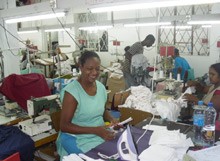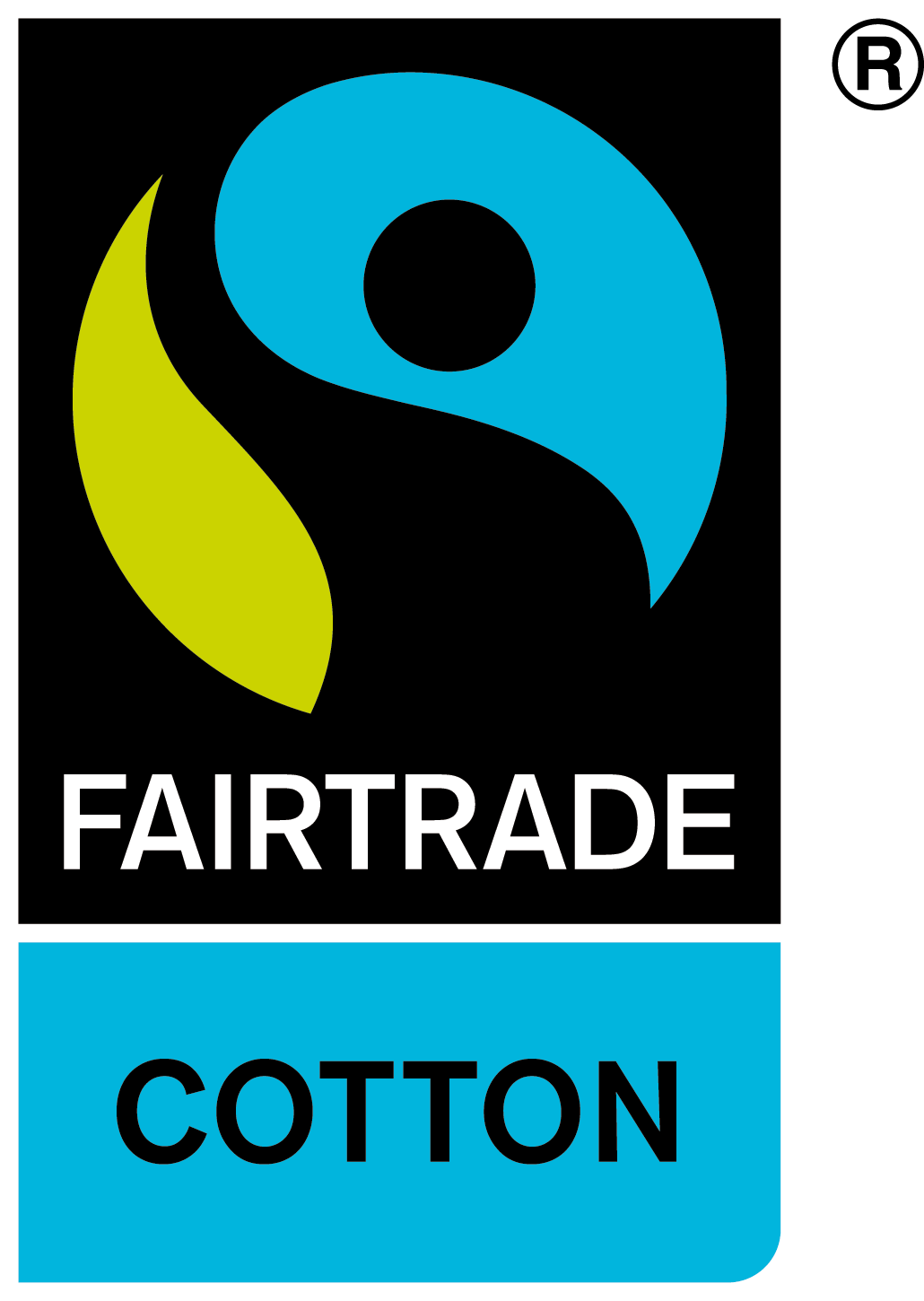Koolskools manufacturers undertake to:
- Prohibit the use of child labour.
- Not hire any employees under the age interfering with compulsory schooling;
- Comply with any other law that is required by the relevant countries’ law for Child Labour;
- Comply with internationally accepted laws and workplace regulations in all locations where they conduct business;
- Not use involuntary or forced labour – indentured, bonded or otherwise;
- Provide a work environment free of harassment, abuse or corporal punishment in any form;
- Strive to pay above the minimum total compensation required by local law, including all mandated wages, allowances and benefits;
- Aspire to pay a living wage, and work on plans to deliver this promise;
- Recognise and respect the rights of employees to exercise their lawful rights of free association and collective bargaining;
- Not abrogate their obligations to employees through the excessive use of fixed-term contracts of employment;
- Ensure that the number of hours worked each week do not exceed the country’s legal limitations, and do not enforce overtime on their employees;
- Provide a safe and healthy work environment;
- Comply with environmental rules, regulations and standards applicable to their operations, and strive to observe environmentally conscious practices in all locations where they operate.
Does the Koolskools approach really benefit employees working in clothing factories?
In short - YES!

Koolskools has secured assurances from its manufacturers that their working practices meet universally accepted World Trade Organisation standards.
Koolskools has also conducted independent assessment visits to ensure that these standards are met in practice. We interview not only the factory management but also the workers, independently of the factory management, to get the most accurate picture possible of the prevailing working conditions from the workers themselves.
So we are working hard to achieve our goal that all of the people that manufacture our garments in developing countries receive a fair wage and optimum working standards.
The practical demonstration of Koolskools’ determination to help the workers in its manufacturing chain is reflected in the establishment of a Koolskools staff welfare fund, which is being used for the sole purpose of benefiting the staff working in the factories. The fund provides medical help, recreational trips, further improvements to working conditions, and other benefits.
As we develop the project Koolskools is going several steps further. By working in close educational partnership with the schools, we are getting the students themselves involved in helping to build the Koolskools relationship with the factories, all to the benefit of the workers.

The teachers and students in Koolskools UK client schools talk to the factory workers by Skype, and some students from Koolskools client schools have participated in fund-raising schemes to make a contributions to our staff welfare fund.
Our client schools are also having factory management representatives and workers visit their schools during their overseas trips so that the students can ask them in person about their employment policies, the conditions in the factories, etc.
So, in effect, our customers are testing our ethical undertakings to the full, and our manufacturing chain workers are benefitting in several different ways as a result.
